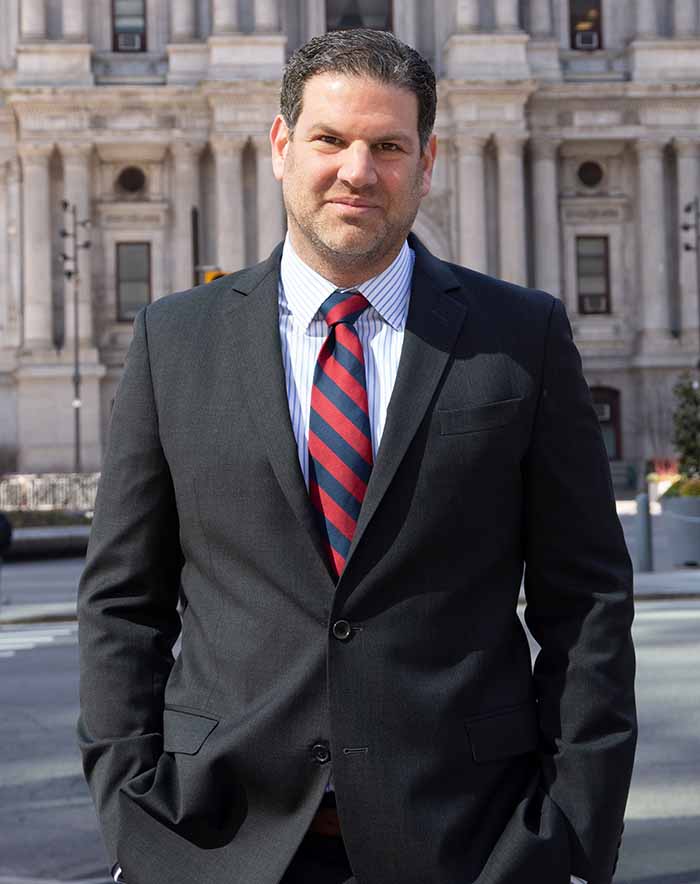Philadelphia Bankruptcy Lawyers
Top Bankruptcy Attorneys and Home Foreclosure Defense Attorneys.
Over 750 ★★★★★ Google Reviews

Contact Our Attorneys Today



EVALUATION
At Sadek Bankruptcy Law Offices, we realize that every situation is different. Our debt relief lawyers will take the time to learn about your situation and your goals. Our objective is to explain your legal options and offer the best debt relief strategy for you in the most compassionate and friendly manner possible. Call 24/7 to schedule your meeting with a lawyer.
AVAILABLE
Our office understands the financial stress our clients endure. Therefore, in addition to reasonable legal fees, we offer a payment plan to all of our valued clients to make quality legal services most affordable.
AND NJ
In addition to our primary law office in Center City, Philadelphia, we also have law offices throughout the Greater Philadelphia, Pennsylvania Area and in New Jersey. Our branch offices have contributed to making us the #1 Bankruptcy Filer and debt relief firm in the Greater Philadelphia area. Our goal is to have a convenient location within 20 minutes of where our clients work or reside.
Philadelphia Bankruptcy Lawyers
Sadek Bankruptcy Law Offices Legal Offices in Philadelphia is an expert in representing the legal needs of our clients and their businesses from our offices in Center City Philadelphia, Northeast Philadelphia, Delaware County, and Bucks County, Pennsylvania.
How Can Sadek Bankruptcy Law Offices Legal Offices Help You?
Our Philadelphia Bankruptcy Lawyers focus on the Consumer Bankruptcy Act (Chapters 7 and 13), Business Bankruptcy Law, Property Law, Family Law and General Litigation.
Our legal office is available to provide our clients with high quality services, including IRS bankruptcy, debt procedures and tax negotiation, while being able to provide efficient legal advice.
Our bankruptcy attorneys serve Philadelphia, Pennsylvania and provide bankruptcy representation to residents of Montgomery, Bucks, Chester, Delaware, and southern New Jersey counties.
Our main bankruptcy office is conveniently located near public transportation systems and attractions in Center City, Philadelphia, PA.
Why Should I Talk to a Philadelphia Bankruptcy Lawyer at Sadek Bankruptcy Law Offices?
At Sadek Bankruptcy Law Offices Law Offices we understand the stress and sleepless nights that cause your situation, so telephone calls are answered promptly by our lawyers and our professional staff.
To arrange a free and confidential consultation with a Philadelphia bankruptcy attorney regarding your legal matter, call our Philadelphia headquarters at 215-545-0008.

Work with Our Dedicated and Experienced Bankruptcy Lawyers
Sadek Bankruptcy Law Offices, LLC has a dedicated team of lawyers who help clients achieve the benefits of bankruptcy in Pennsylvania and New Jersey. Our lawyers have over 75 years of combined experience and have filed more than 5,000 successful bankruptcy cases.
